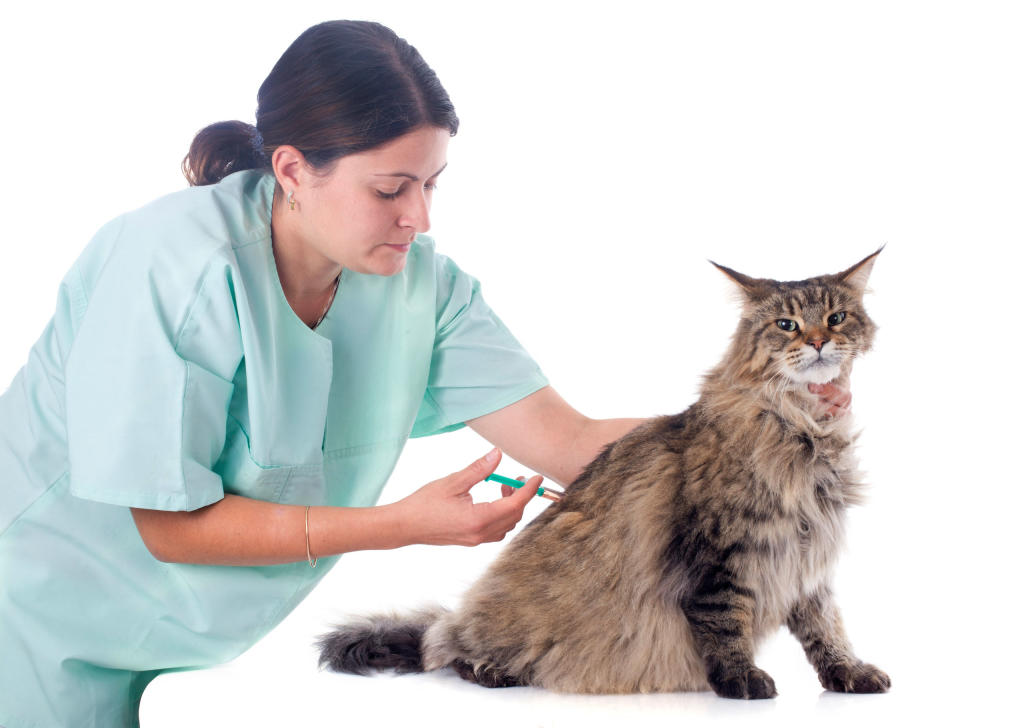Like humans, dogs can suffer from a variety of health problems ranging from intestinal parasites, skin disease and ear infections, eye problems, digestive upset, and dental disease.Disease, injury, and even hereditary factors can affect the health of your dog or cat’s internal organs, such as the , intestines, kidneys, pancreas, , heart, lungs, and so on. Because of the location of these organs in a dog or cat’s body, problems occurring in these internal organs often don’t become visible until they reach advanced stages.

Knowing a little bit about your dog’s organs and how they function can help you spot those problems. Keep reading the article!
1. Eyes
Like people, dogs can suffer from a range of eye problems. Common eye problems in dogs are cataracts, injuries, conjunctivitis, and eyelid deformities.
Watch for any redness, swelling, discharge, discomfort, itching, cloudiness or dryness and go to the vet at the first sign of a problem.
To avoid some of these dog eye problems, special care should be taken to keep hair and other debris from their eyes.
While eye problems in dogs are prevalent in our precious pooches, the good news is that treatment is not only always effective – but affordable too.
2. Stomach
Stomach problems are very common in dogs. Gastrointestinal (GI) diseases affect a dog’s stomach, intestines, and the passage of food through the digestive tract.
Most dogs will have some type of stomach upset in their lifetime, perhaps even frequently. However, if an upset stomach persists, especially with vomiting and diarrhea, it can be a major problem.
Stomach problems in pets could be a result of many factors. If you notice your dog is having signs of stomach upsets, always ask your vet for proper advice before giving medications to your dog as not to worsen the condition.
While many dogs have “sensitive stomachs”, but the deep-chested breeds are predisposed to serious – sometimes life-threatening.
Taking good care of your pet means feeding it the right type of food as well as taking precautionary measures. If you’re owning a deep-chested dog breed, such as a Labrador Retriever, it’s necessary to feed your lab a quality food to prevent stomach issues.
3. Mouth
A dog’s mouth is much more than a woofer for various vocalizations — it’s actually a barometer of his overall well-being.
Dog mouth problems are surprisingly common and can be caused by anything from abrasions, infection, or chewing on inappropriate items, to a genetic predisposition for oral cancer.
Chewing is not bad. It is a normal and necessary activity for a dog. Chewing only becomes a problem when your dog chews things you don’t want him to chew.
When you are away from home or are too busy to watch your dog, confine him in a place where he can’t get into trouble. For some dogs, this can be a small room. For many, this means a dog crate. When confined, your dog will be safe and will not be able to get into anything he shouldn’t.
If you have a puppy, plan to crate training him by these tools until he is at least one year old to get through the worst of the teething periods.
A Happy Dog is a Healthy Dog
Keeping your dog healthy will allow them to live a longer life with you, happy together.
Check out the article 15 Interesting Facts About Your Dog’s Organs by Leo Wilson to discover more information about taking care of your dog’s body and organs!

Author
Leo Wilson graduated from a university major in animal health and behavior. He had over a decade of experience working in the pet industry and has contributed many dogs and pet-related articles to several websites before he decided to start sharing his knowledge on his own blog – Cyberpet.com. And when he is not busy working, he and his wonderful wife love spending time at home with their 3 dogs and 2 cats.































